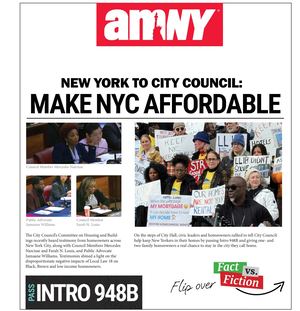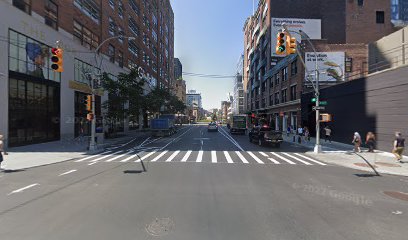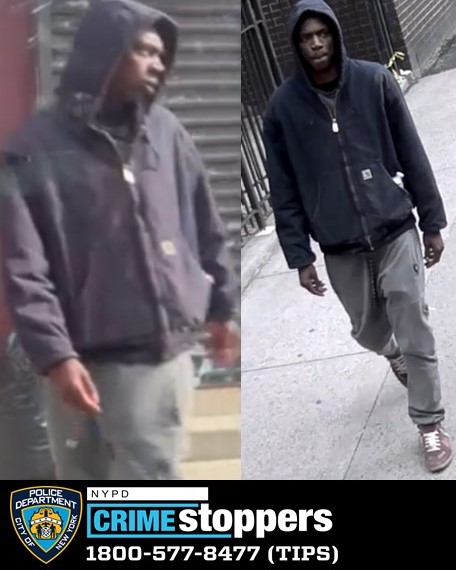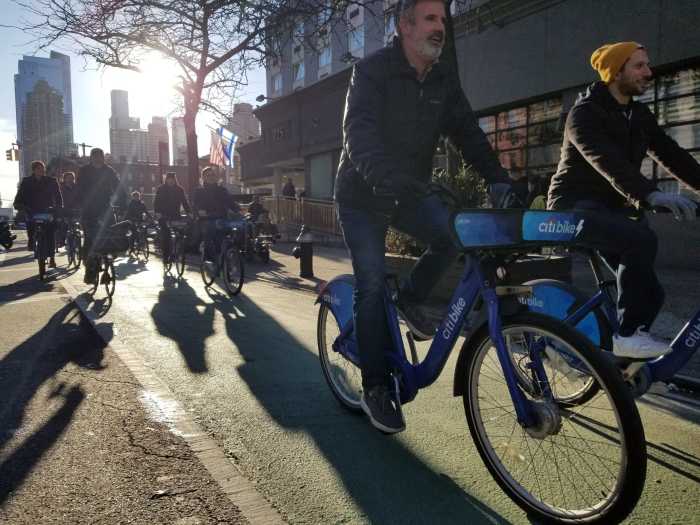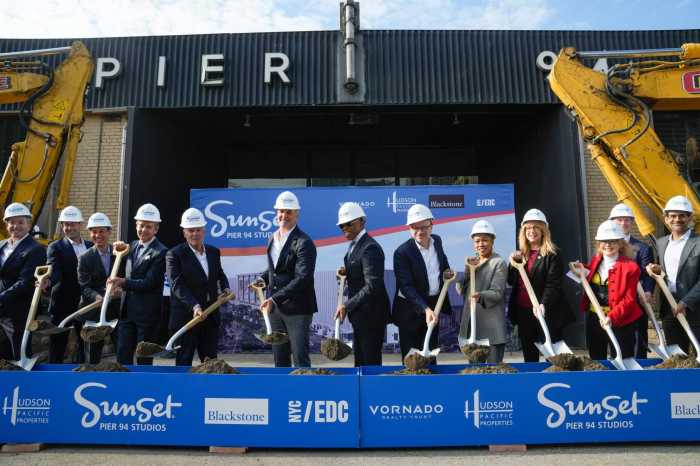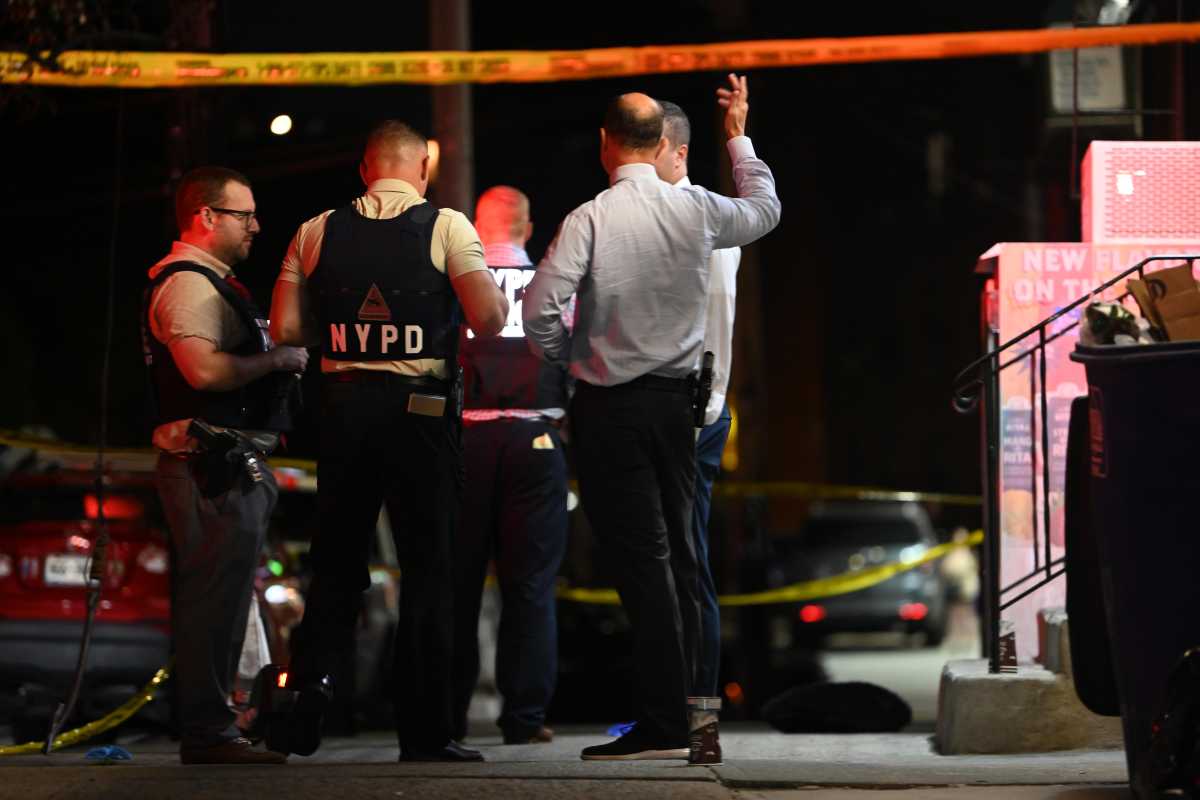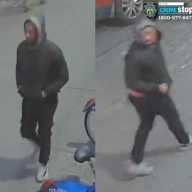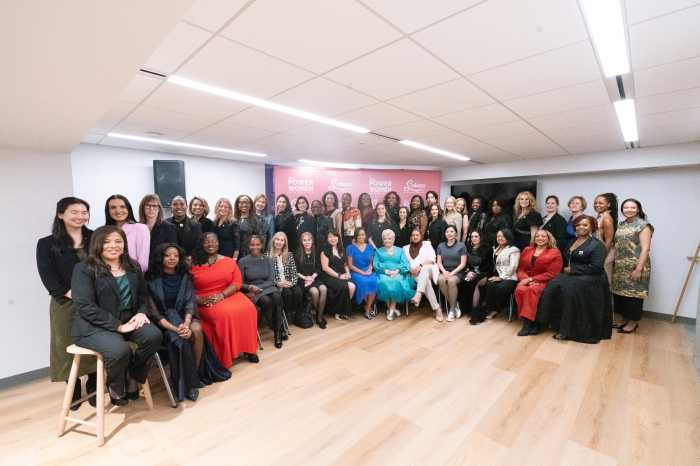Council member Erik Bottcher called on the mayor to expand a program that of mental health crisis responders in response to a “humanitarian crisis” unfolding on the West Side of Manhattan
In a letter to Mayor Adams, Bottcher urged him to bring the Behavioral Health Emergency Assistance Response Division (B-HEARD) into all the precincts covering his West Side council district. The pilot program, which launched in 2021, sends FDNY paramedics and emergency technicians and mental health clinicians instead of police officers to 911 calls involving mental health crises.
“People need help right now. Our neighborhoods need help right now. The status quo cannot be allowed to continue,” Bottcher wrote.
Bottcher raised alarms in his letter over the number of constituent calls he’s gotten about open substance abuse, shoplifting and physical and verbal intimidation from people in mental health crisis.
He wrote that the areas that are “particularly dire” include the blocks west of Washington Square Park and the streets surrounding the West 4th Street Subway Station in the West Village, Eighth Avenue in Chelsea and the Garment District and the areas west of Times Square in Hell’s Kitchen.
“Police officers are not equipped to address the underlying problems that are the root causes of much of this behavior, nor is that their role or responsibility,” Bottcher wrote.
Presently B-HEARD operates in 31 “high-need” police precincts across upper Manhattan, Brooklyn, Westerns Queens and all of the Bronx, but not in lower Manhattan. Recent data indicates the pilot program has made progress since its inception.
Between January and June of 2023, the B-HEARD responded to more than 5,000 calls, the program’s largest number of responses within a six-month period since its launch. The program says it provided 42% of the individuals it served with connections to community-based behavioral health services.
In October 2023, the program grew to cover the entirety of the Bronx. Since then, Mayor Adams has put its expansion on hold.
“Manhattan’s West Side is in need of this program now,” Bottcher wrote.
The council member also asked for the mayor to support a Council bill that would require the NYC Department of Health and Mental Hygiene to place licensed social workers in NYPD precincts throughout New York City.
“Social workers are uniquely equipped to help address these issues, connecting individuals with services and helping to break cycles of arrest and incarceration,” Bottcher said. “Victims of crime would also greatly benefit from the presence of social workers in police precincts. I would like to discuss fast-tracking a pilot program that includes police precincts in Council District 3.”
In spite of the cracks in the social fabric that Bottcher described in his letter, he added that he has been encouraged by a partnership between the mayor and Manhattan District Attorney Alvin Bragg to form an interagency “hub” focused on Midtown that regularly brings together law enforcement, elected officials and community and business leaders together to talk public safety. Bottcher wrote that the challenge is to address deeply rooted systemic issues with policies that can provide immediate help.
Read More: https://www.amny.com/new-york/manhattan/the-villager/
